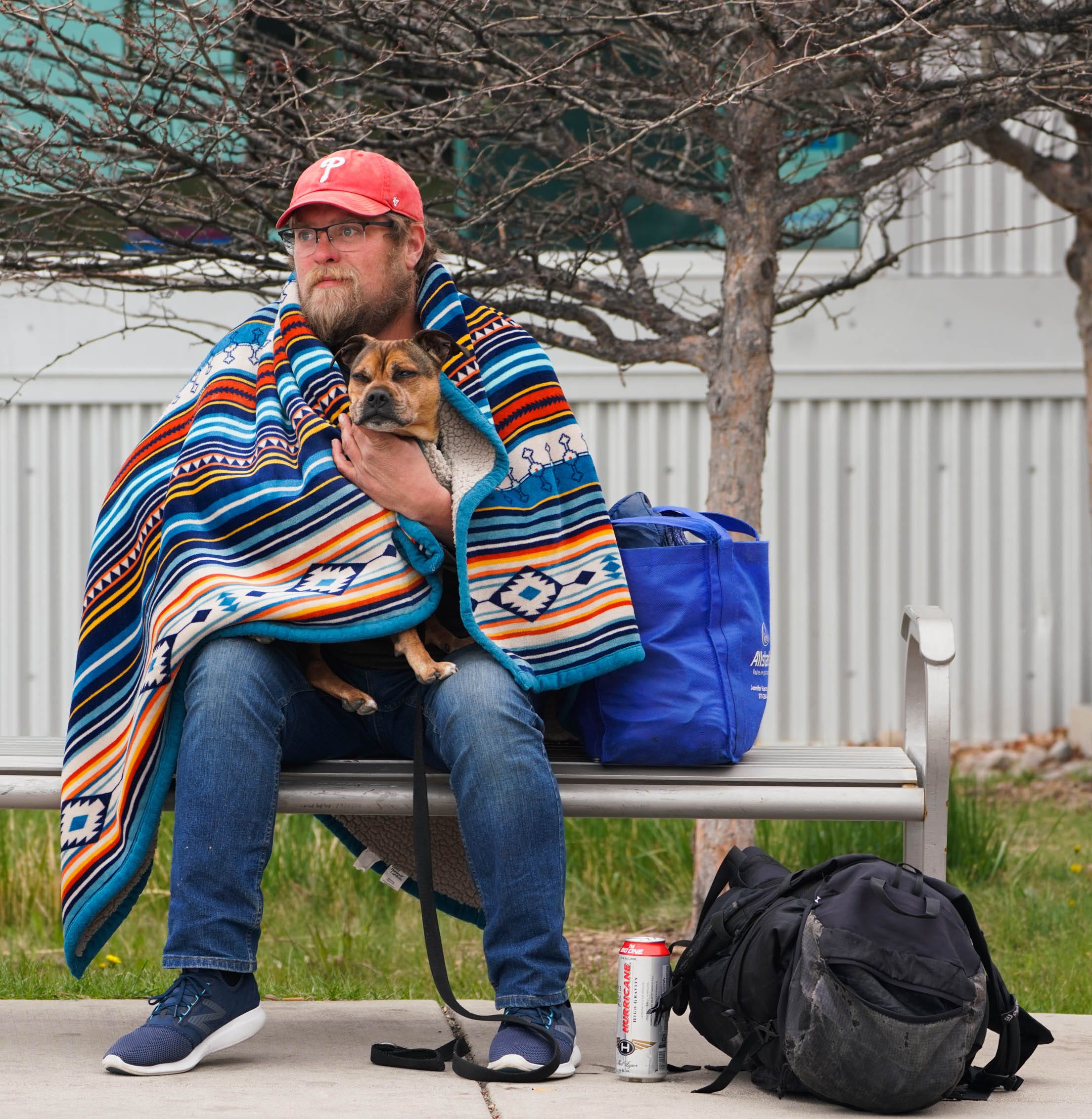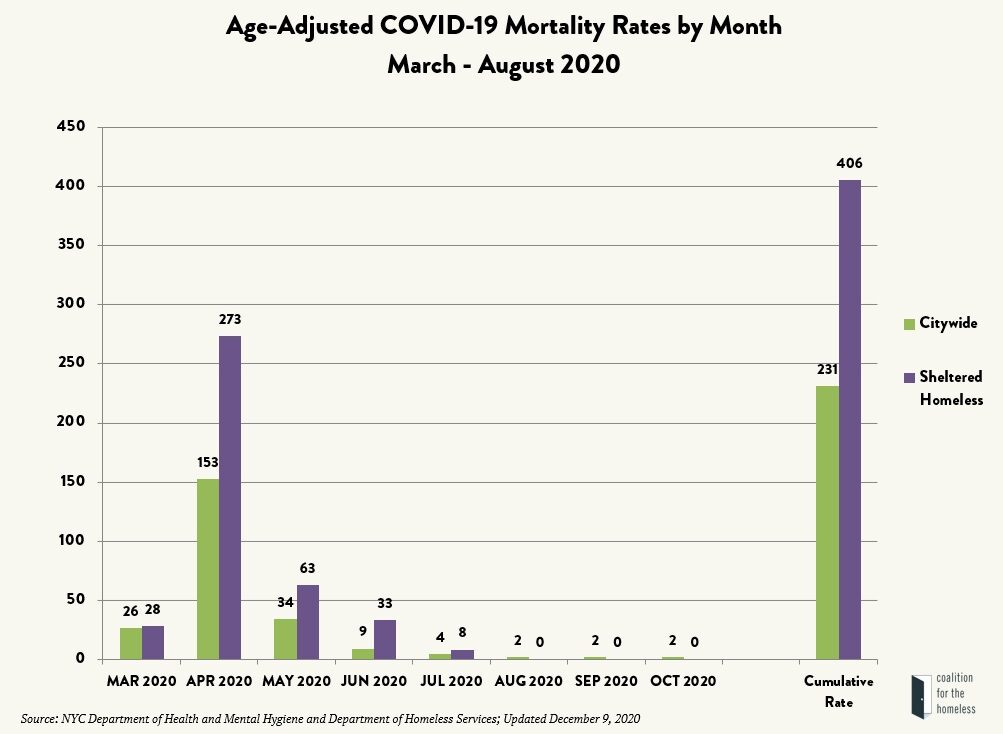p:ear is an organization founded in 2002 with a goal to provide for Portland’s homeless youth through a series of programs aimed at not just providing food, shelter and safety, but also to improve the quality of life for homeless youths with their arts, education and recreation programs. Each year P:ear serves roughly 550 homeless youths, having provided mentorship programs for over 5,200 youths since their founding.
p:ear’s mission is to build positive relationships with 15-25 year old homeless and transitional youth through Education, Arts and Recreation to affirm personal worth and create more meaningful and healthier lives. As described on their website “From interdisciplinary custom workshops and mentoring to our p:ear works job training programs (including the p:ear barista school, p:ear prints and the bike mechanic school), youth are guided through increasing levels of depth, engagement and responsibility, with an emphasis on the social, fiscal and practical skills that will serve them in their future.”
P:ear also allows homeless youth to express themselves through the arts, as they have their own dedicated gallery to showcase the artwork created by homeless youth in the program. This program is incredibly useful in giving a voice to those who are normally silenced by society or may not have any other ways of expressing themselves, as well as increasing self worth. This is what initially drew me to the organization as I found this very unique and incredibly valuable to the homeless community, as well as the artistic community in which the voices of the homeless are very often not heard. I encourage you to explore the artwork in the gallery, to open your eyes to see art from a perspective many of us have the privilege of never experiencing.
P:ear’s list of programs and where you can donate
https://www.pearmentor.org/programs/



















